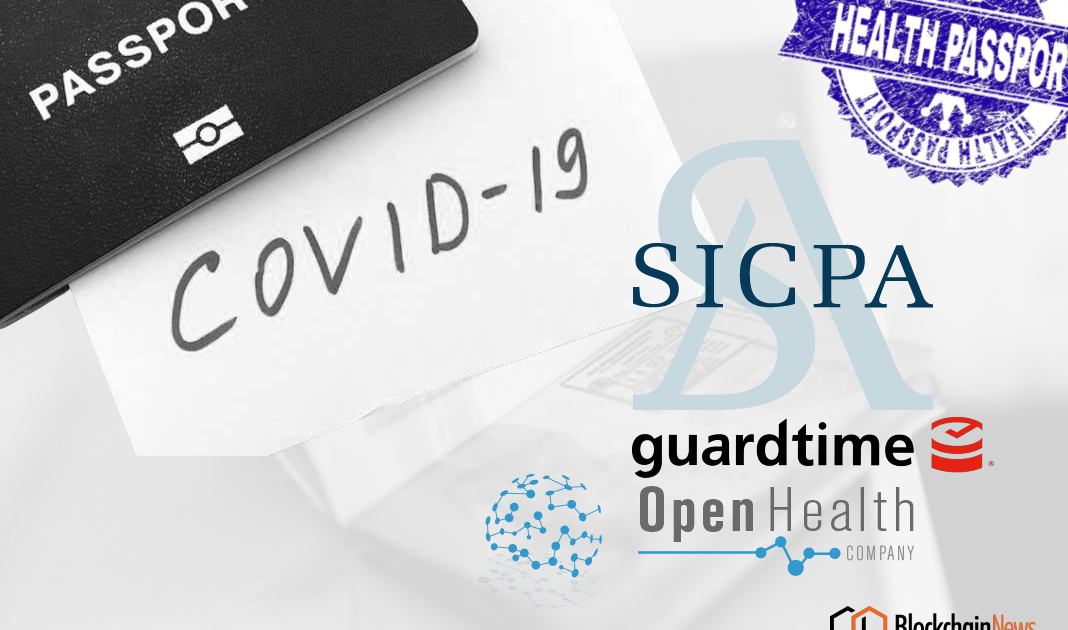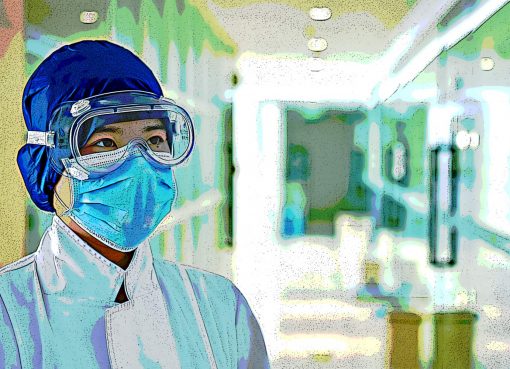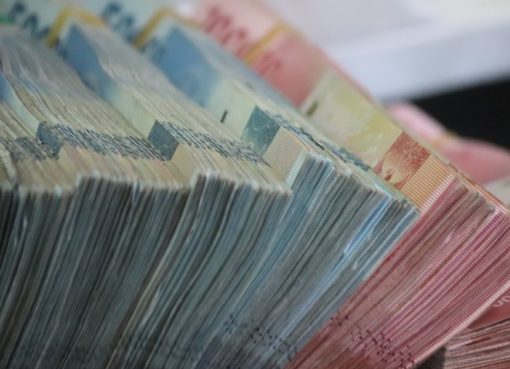Three European companies SICPA, KSI (Guardtime) and OpenHealth have joined together to propose a “Covid-19 Secured Health Passport” and are aiming to help manage the health status of populations in real time, respecting ethical standards and protecting personal data whilst guaranteeing the issuance, use and verification of certified data which is secured and anonymised.
“Measuring prevalence at a moment in time (a photo) and over time (the film) are the foundations for understanding the flow of the epidemic. The retrospective study of prevalence in the Morbihan on the basis of preserved samples from hospitals, clinics and labs in the area is a first,” stated Dr Patrick Guérin, President of OpenHealth.
- The proposed solution aims to issue and manage health passports (Covid-19 health passport) which would serve as the basis for real-time monitoring of the population’s state of immunity.
- The KSI Blockchain will make it impossible to falsify and the health data on these certificates will be used by the;
- OpenHealth platform to follow the evolution of deconfinement and management of the crisis, following the model of flu pandemics.
SICPA’s Certus technology, provided to the French government in the framework of a trial launched by the Defence Ministry to combat Covid-19, aims to allow all consenting persons who have had an approved test to detect the virus or antibodies, to receive a certificate from an authorised body showing the result of the test, in a digital, but printable, format which cannot be falsified and is universally verifiable.
Guardtime, using its decade-old KSI Blockchain that secures citizen data in Estonian official databases is brining the KSI Blockchain Timestamping Service. The service is compliant with the eIDAS regulation and included in the European Trusted List. The company was founded in 2007 in Estonia, where its products are used since 2008 to strengthen the Estonian digital environment. Examples of solutions developed by the company, in collaboration with industry partners, include service-based GDPR compliance, counterfeiting, maritime insurance data exchange, supply chain traceability, digital content management, cyber security, software lifecycle management, critical infrastructure protection and health, as well as e-Administration and e-Government.
OpenHealth is a French company specialized in the aggregation and processing of multisource health data for research and analysis. The data collected are strictly anonymous in the trusted OpenHealth environment and kept in their on-line platform ‘The Hub’ which uses best in class data exploitation and visioning tools:
- ‘The Hub’ is used daily by the ANSM for monitoring consumption of medicines in France.
- The platform hosts the international GIHSN network for flu monitoring (collection and processing of data from 100 hospitals in 23 countries) relevant for the Covid context,
- They are the operator of a recently launched initiative by the department of Morbihan in France to undertake a retrospective study of prevalence of SARS-CoV2 in the Morbihan population which was affected early by the epidemic.
A simple smartphone app or a computer is all that is required for the verification, including in offline mode, with all personal data about the person tested being anonymised. The tool is interoperable and works without a central database. Furthermore, the passport can be updated in real-time (creation, expiration, renewal, cancellation) according to medical test results. The rules for use being defined by the appropriate competent authorities.
In addition to enabling social and economic activity to restart in accordance with the conditions determined by the state, this technology could also allow public authorities to control access to critical or sensitive facilities, such as hospitals and retirement homes, schools, government offices, companies and businesses, taking account of the remaining uncertainties about the virus, evolving health policies and the reliability of tests. The solution once implemented can support health authorities to measure the efficiency of the deconfinement plan and to monitor in real-time the progressive acquisition of mass immunity.
The “Covid-19 secured health passport” is designed to meet the highest level of protection of personal data, in accordance with the GDPR, thus assuring both the protection of populations and the respect of the right to privacy.
Also published on Medium.




